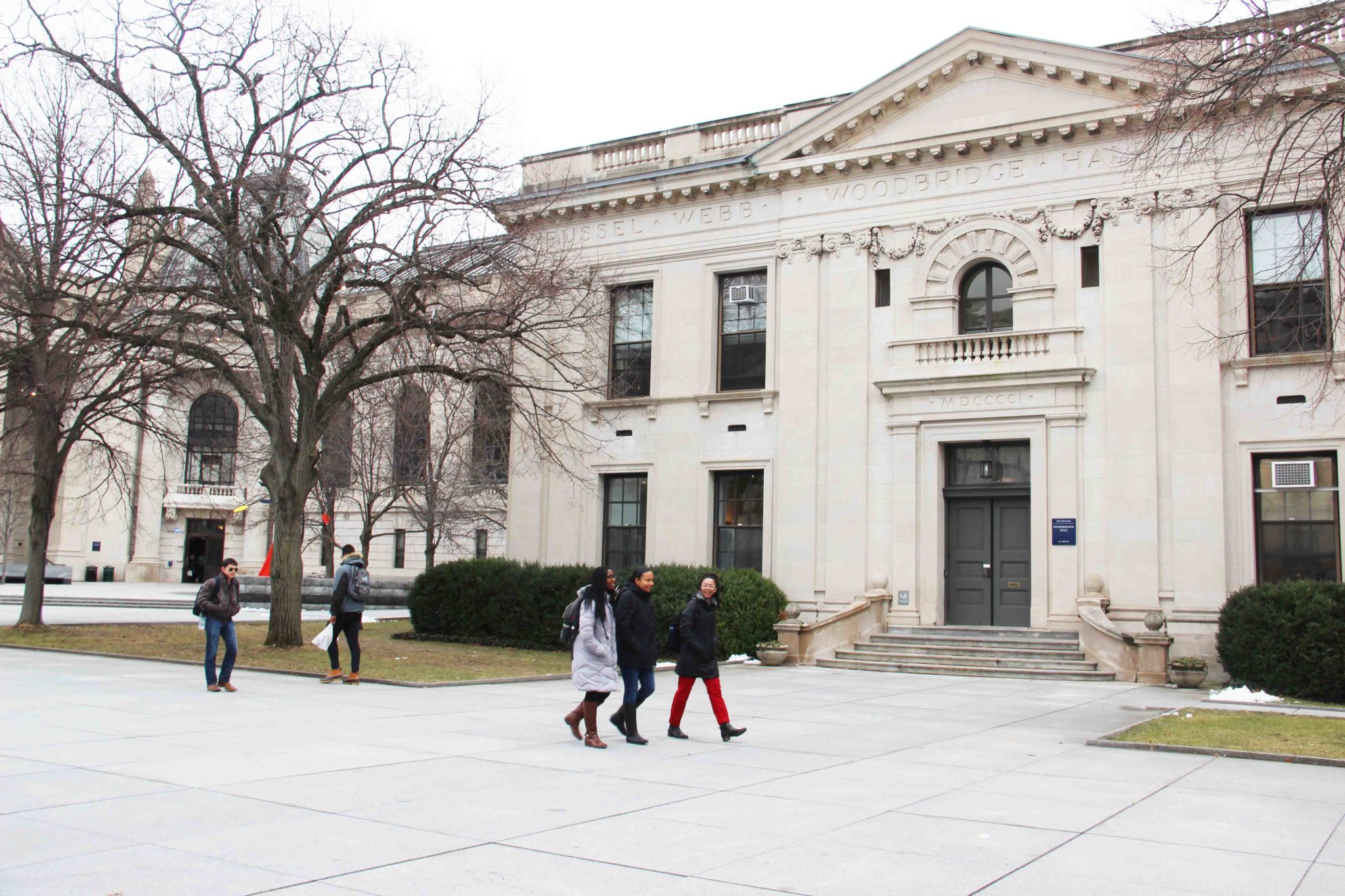
The University’s $3.8 billion budget reported a surplus of $91 million in the 2017–18 fiscal year, according to a budget update published earlier this month.
In a facultywide email in early January, University President Peter Salovey and Provost Benjamin Polak said that fiscal year 2018 was “not quite as strong as the previous one, but still a very good year.” The $91 million surplus marks a 21 percent decrease from Yale’s financial gains in the previous year, which totalled $115 million. In an interview with the News, Polak and Vice President for Finance Stephen Murphy ’87 said they were pleased with last year’s surplus and that the University’s financial state remains healthy.
“The University is in good shape from a financial standpoint, and we have a lot of great investments that we are making as a result — the construction of the new science building, the renovation of the Hall of Graduate Studies, the opening of the two new residential colleges, as well as the expansion of financial aid,” Murphy told the News. “All these things are made possible by the University’s strong financial position.”
While the University’s surplus decreased by approximately $24 million in fiscal year 2018, Polak said that the dip was not a cause for concern and was likely caused by “noise.” The performance from the past two years is roughly “equivalent,” and the difference in the surplus is “immaterial,” Polak said.
The University’s budget consists of the “operating budget” — which includes anticipated revenue and expenses needed to support Yale’s day-to-day activities — and the capital budget, which is comprised of funding for the projects the University intends to pursue. Per the operating budget projections, Yale is expected to make $4.011 billion in external revenue this fiscal year. Almost 60 percent of this revenue will come from the endowment returns and the medical services income, the report stated. The 2019 fiscal year operating budget also includes a total expense of $3.933 billion.
According to the budget report, the 2019 fiscal year capital budget is $530 million, consisting of $320 million allocated for major projects and another $184 million for “capital buckets” — smaller projects that cost less than $4 million each — among others. The report stated that major capital investments from the past fiscal year included renovation of the Sterling Memorial Library Manuscripts and Archive, Durfee Hall and Becton Teaching Lab.
The University’s strong financial footing comes after an “unprecedented” decade of employment growth in the United States, per the University’s announcement earlier this month. Salovey and Polak stated that “Yale is in good shape to weather a short downturn in the market, but a decade of lower returns — e.g., 4 percent per year, which is not unrealistic — would put tremendous strain on the University.”
To prepare for a potential future economic downturn, the administration has asked the University’s budgetary units — a set of 48 professional schools, centers and institutes — to plan how they would respond to a period of lower economic growth, Polak said. Polak and Murphy stressed that they were not asking the units to make budget cuts yet but that the request was a precautionary measure.
“Part of our job is not just to look at today but to look ahead,” Murphy said. “No one has a crystal ball, but from where we sit today, we feel good about today, and we feel good about tomorrow. But there’s a level of caution that must be exhibited moving forward.”
Yale has an endowment of $29.4 billion as of June 30, 2018.
Lorenzo Arvanitis | lorenzo.arvanitis@yale.edu
Serena Cho | serena.cho@yale.edu







